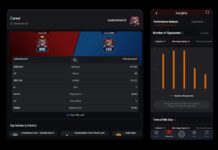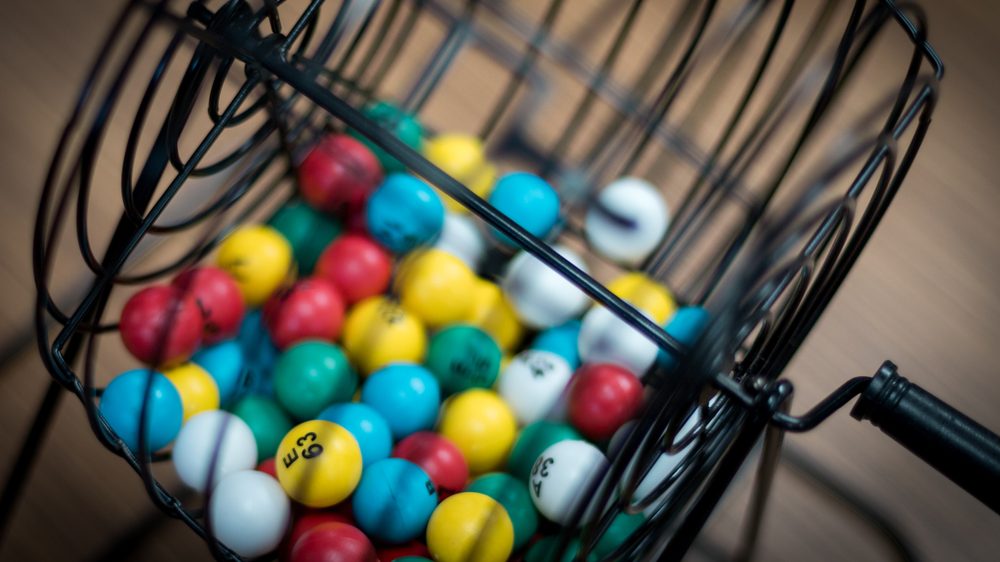Besides slots, live casino and table games, one category that is set to be put under the spotlight at the CasinoBeats Summit is bingo.
As one of the most traditional games within the igaming sphere, operators can often find it challenging to replicate the excitement of a bingo hall on the online stage.
With online casinos continuing to prioritise socially engaging products, we spoke with Kat Arnsby, Head of Poker and Bingo Marketing at Kindred, to discuss the “deprioritised” state of online bingo and how the format is transforming to meet the needs of a younger generation of players.
CasinoBeats: With Kindred set to make another appearance at CasinoBeats Summit this year, what is the company expecting to see showcased by the industry in Malta come May?
Kat Arnsby: With Kindred having our largest office in Malta, we are of course looking forward to having the industry get-together here with great opportunities for networking, sharing knowledge and discussing industry trends.
The theme for this year’s summit is very exciting: “The Future of Play”. The industry is constantly changing and we as operators need to embrace that change. CasinoBeats Summit has always proven to present interesting workshops and seminars.
CB: At CBS, you’re set to appear on a bingo-focused panel. How would you describe the representation of bingo at industry events and do you think it gets the exposure it deserves?
KA: Bingo has been a passion of mine since I was old enough to gamble! Live bingo is a British national pastime, so I may be slightly biased towards the overrepresentation of the product at events like CBS. That said, I would say that bingo overall is deprioritised by game providers and B2C gambling operators, so I do not expect to come to an event like this and see bingo as the front-window product.
One of the reasons I wanted to work with Kindred brands is that bingo is well supported from a marketing perspective; Kindred bingo brands know that prioritising customer value is critical when there is only so much variation that the classic game of bingo allows.
CB: While bingo and now online bingo have a solid impact in the UK, can you explain how bingo is received in different territories and continents?
KA: Bingo players in different gambling jurisdictions within Europe definitely have different favourite flavours of bingo. A simple example would be that UK players tend to prefer 90-ball bingo and mainland European players lean more towards the 75-ball version.
Overall, bingo marketing profiles are closest to casino marketing profiles, and we can learn a lot from work done for casino product customers. It is about extricating the key points of that information and then tailoring unique promotions and product features to the profile type.
Within a network product, customers from all over Europe are playing the same games, so it’s a fine balance of a generally sound product with supporting features and promotions that suit different types of specific gambling profiles.
CB: How has the demand for bingo products from an operator perspective changed in recent years?
KA: We have seen more inclination towards “side-games” in terms of additions and add-ons to the basic bingo game, rather than a major shift in the gameplay itself. Progressive jackpots came first, but now players can find a range of extra options that increase the excitement and win potential of the games.
The Relax network is an excellent example of this, with a range of supporting elements such as “buy one get one free” ticket sales and “one away bonuses”, and these features are added to the standard ticket price, making sure customers can play for longer with the same budget.
We can even see in other operators totally separate betting games for extra spend, such as betting on number 88 to be the 13th ball called.
CB: Has bingo evolved in recent years to meet the demands of a newer generation of players?
There are two main problems for bingo when talking about an upcoming young millennial or Gen Z player audience: speed and prize pools.
Faster, more volatile gambling is clearly the casino trend across the industry, and there is only so fast bingo can go. It is an emotionally incremental game, starting with low excitement and building as the numbers are called; this can be alienating for an audience that wants the high-speed emotional ups and downs that a casino slot offers.
As a network product, bingo players need other bingo players to make the prize pools juicy, so for customers who wish to gamble at non-peak times, it is hard for a traditional bingo game to compete with the x150,000 potential max wins that bonus-buy slots offer.
We have seen Relax bingo combat this issue with the introduction of Hexabingo in 2020. This uses the logic of bingo gameplay, casino slot stake multipliers and hyper-turbo three-man poker to offer a potential x1,000 on every game played.
CB: Is there a need for suppliers and operators to come up with ways of making bingo more social to bring more exposure to the format? Or will this risk bingo losing its traditional charm?
This is an interesting question, because looking at social media trends, people, in general, are becoming more “online”, and where there are shared interests, those communities form in spaces such as Facebook, Telegram and Discord.
Bingo has always been primarily a social game in the live environment, and in the early years, this carried over to online spaces via chat rooms. As we increasingly move into a more online world, the next generation of players will be more comfortable with social life via a screen in every leisure industry niche.
We have seen major innovation from Evolution in the last few years in the form of Megaball, with them developing both a live-casino version and a first-person digital RNG version, and I would expect to see this format grow with a younger audience in the future.
Traditional bingo still has its place, and as long as operators see the value of the product as a soft-entry point and retention tool, I would expect to see it as an offering with major operators for some time yet.











